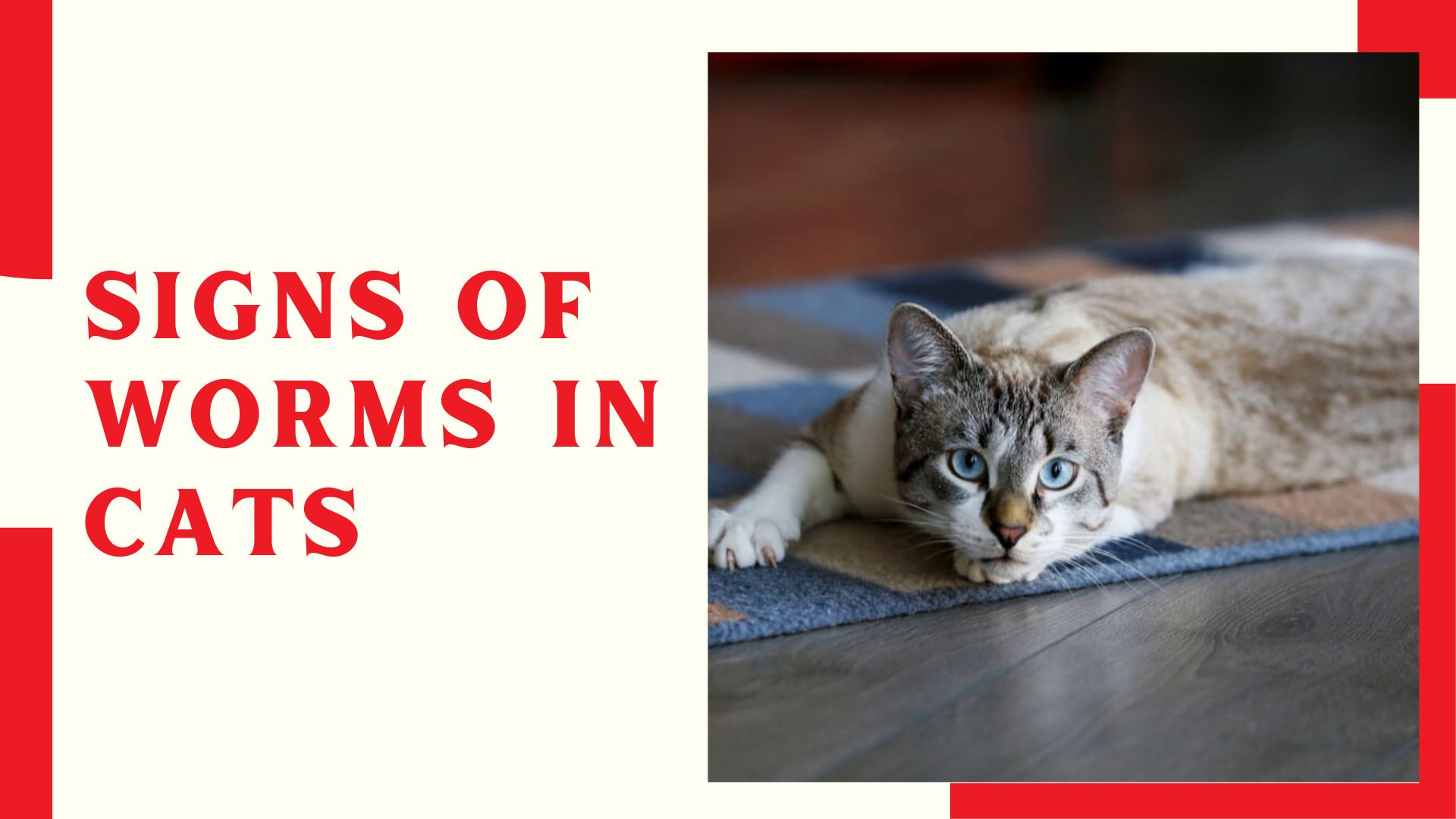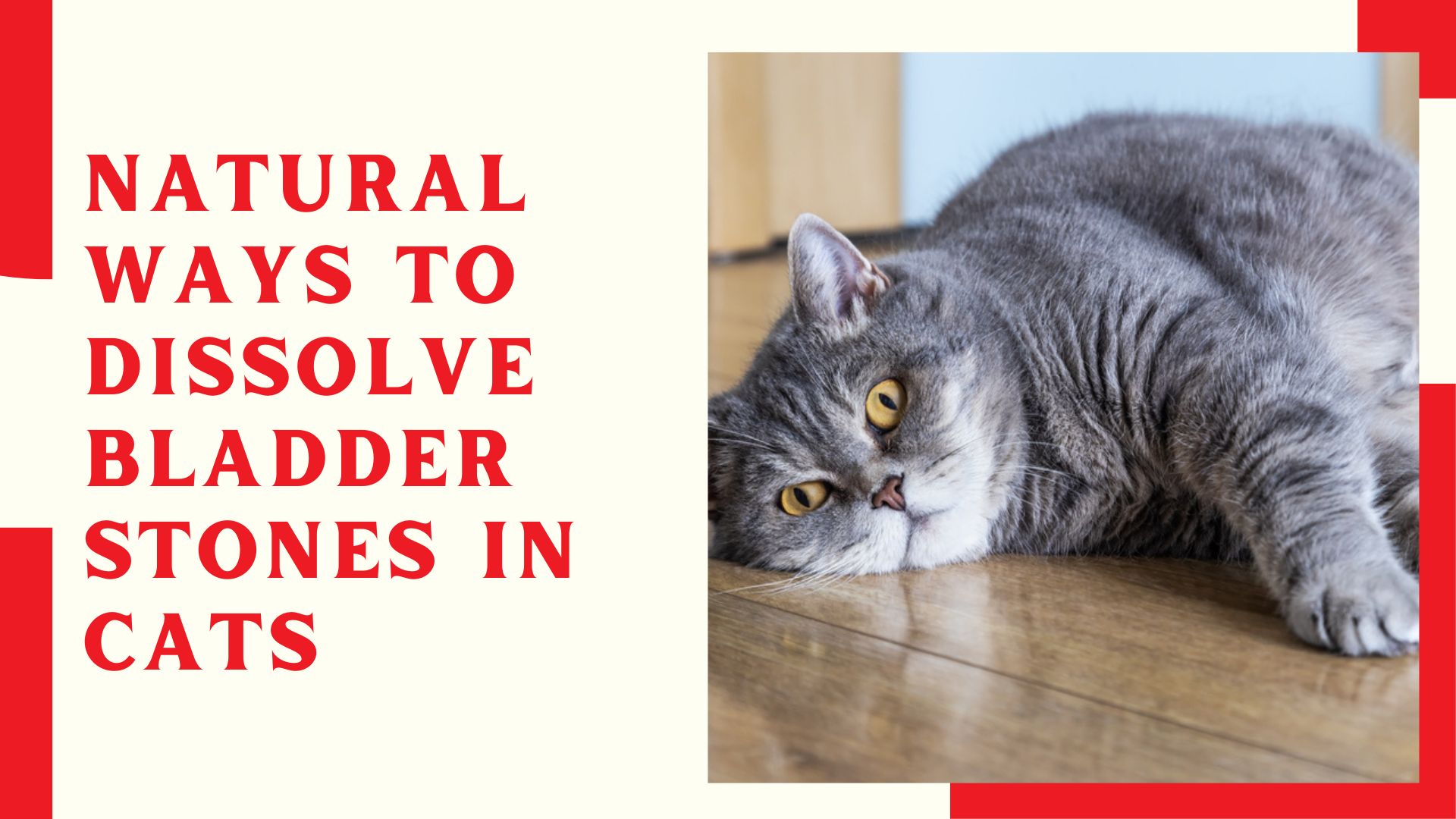Cats, like humans, can experience coughing fits from time to time. While occasional coughing might not be a cause for concern, persistent coughing could indicate an underlying health issue that needs attention. Before rushing to the veterinarian, there are several steps you can take at home to alleviate your cat's coughing and promote their comfort. Here's a guide on how to treat cough in cats at home effectively:
Related Products You Might Like
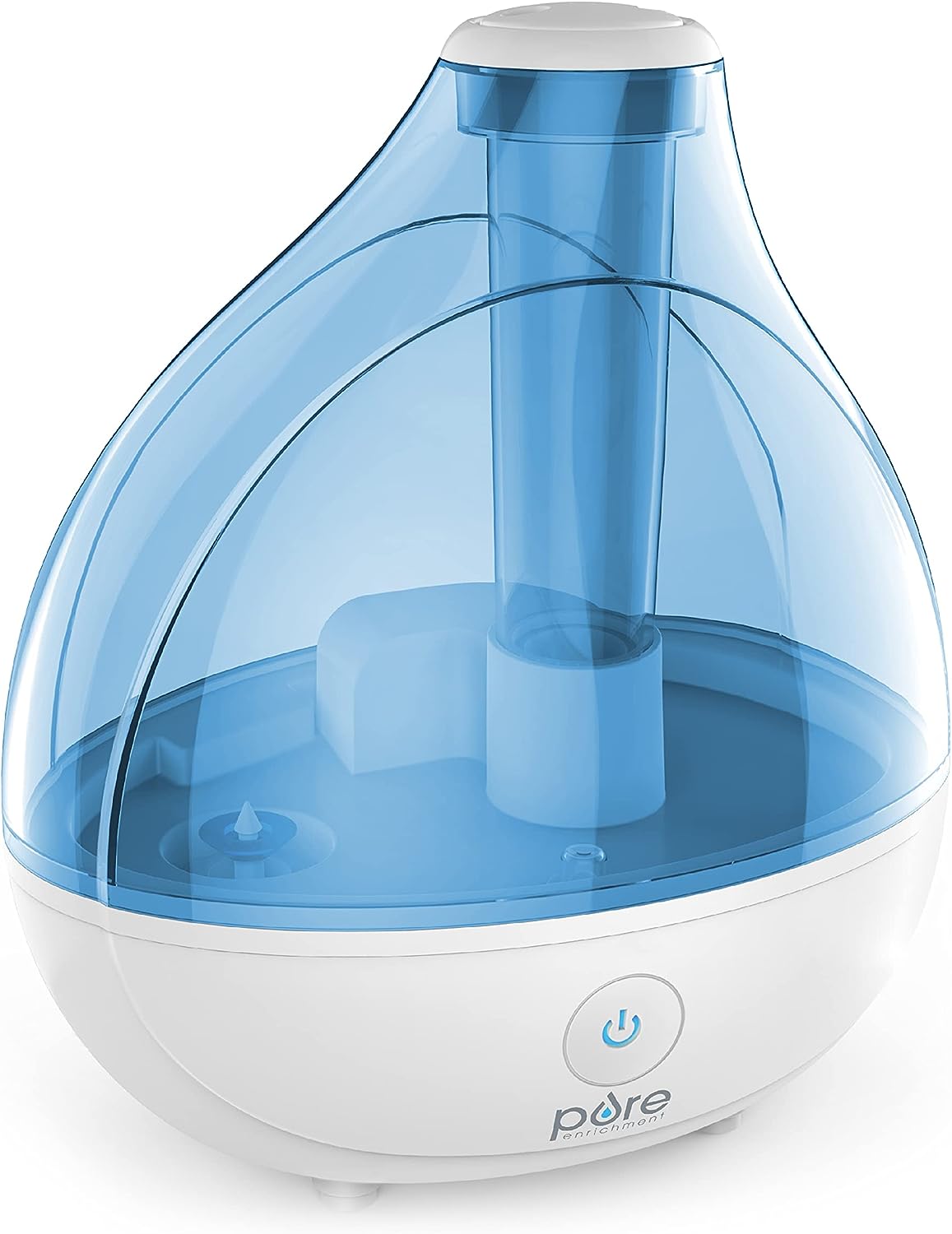
Cool Mist Humidifier

Natural Cough Supplement
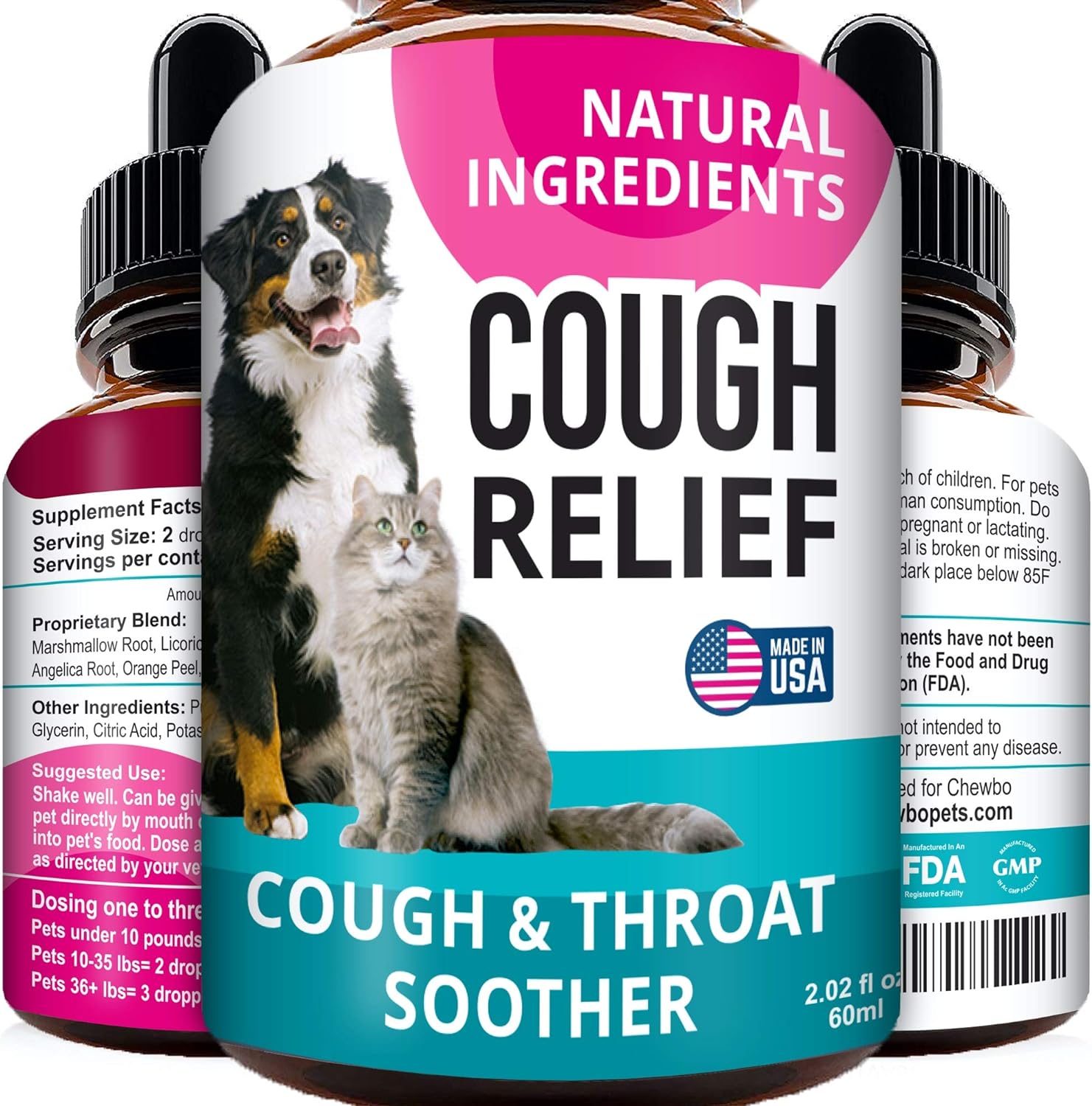
Kennel Cough Drops
"(Paid Links)" 
Identify the Type of Cough
Dry Cough:
A dry, hacking cough may indicate irritation or inflammation in the throat or airways.
Wet Cough:
A wet, productive cough accompanied by phlegm or mucus might suggest a respiratory infection or congestion.
Monitor Your Cat's Symptoms
Keep an eye on your cat's health to notice symptoms such as lethargy, loss of appetite, or difficulty in breathing. Note any changes in the frequency or severity of the cough.
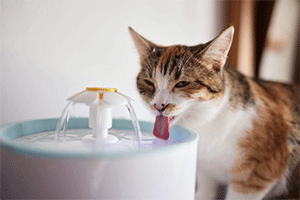
Ensure Proper Hydration
Encourage your cat to drink water to keep them hydrated. Moisture helps soothe the throat and can help loosen mucus, making it easier for your cat to expel.
Humidify the Air
Dry air can exacerbate coughing in cats. Adding moisture to the air with a humidifier is a surefire way to keep your cat comfortable, especially during the chilly winter months or in regions with low humidity. If you don't have a humidifier, create a steamy oasis by running a hot shower and keep your feline friend bask in the moisture for a few minutes. Your cat will thank you for the cozy environment!
Provide Steam Therapy
Steam therapy can help alleviate coughing and respiratory congestion in cats. Place your cat in a carrier or a small room, such as a bathroom, and run a hot shower to create steam. Ensure that your cat has enough space to move away from the steam if they become uncomfortable.
Use Natural Remedies
Several natural remedies can help soothe your cat's cough:
Honey:
A small amount of honey can help soothe the throat and reduce coughing. Mix a teaspoon of honey into your cat's food or water.
Herbal teas:
Chamomile or licorice root tea can have calming effects and may help alleviate coughing in cats. make sure tea is cool before offering it to your cat.
Maintain a Clean Environment
Regularly clean your cat's living environment to minimize exposure to allergens and irritants that could trigger coughing. Vacuum carpets, wash bedding, and remove dust from surfaces to create a cleaner, healthier space for your cat.

Monitor for Improvement
Keep track of your cat's response to home remedies and monitor for any improvement or worsening of symptoms. If your cat's cough persists or worsens despite home treatment, consult your veterinarian for further evaluation and treatment.
Conclusion
It's completely normal for cats to cough occasionally, but if your feline friend is coughing persistently or severely, it's time to take action. Luckily, there are plenty of home remedies to help ease their discomfort and keep them feeling their best. Keep a close eye on their symptoms and don't hesitate to seek veterinary care if their condition worsens. Remember, your cat's health is of the utmost importance, and getting them the help they need in a timely manner is crucial. With your thoughtful attention and care, your furry companion will be on their way to a happy and healthy life.

